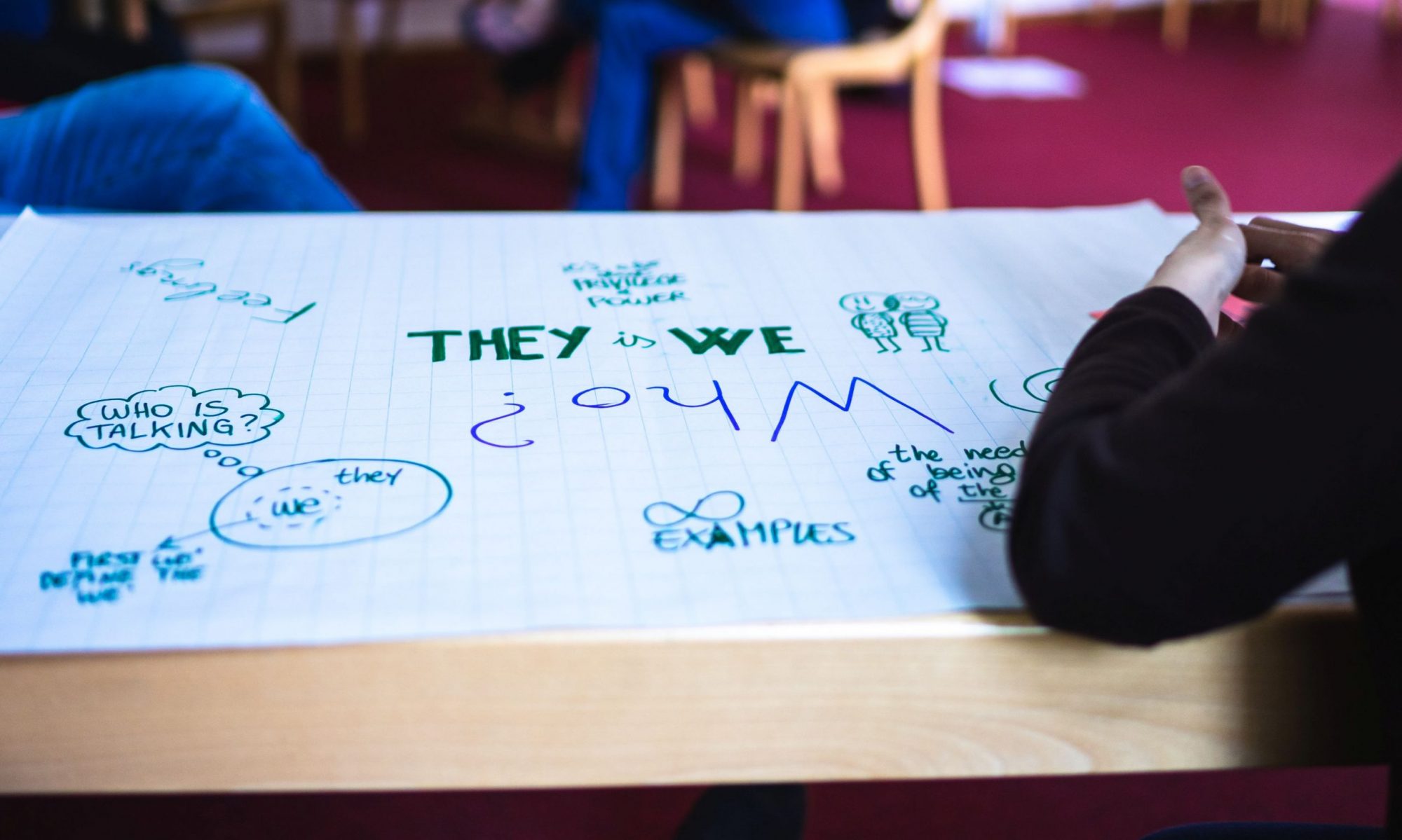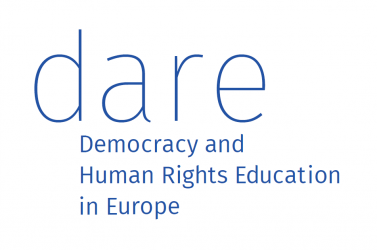- Outcome of the DARE Focus Meeting “Citizenship Reloaded: The Demand for Active Citizenship in Europe and its Implications for Education for Democratic Citizenship and Human Rights Education (EDC/HRE)”
- Vilnius/Lithuania, July 1-3, 2010
- Stakeholders from 16 European countries assessed how Qualification frames as the EQF/NQF´s are compatible to the work of EDC/HRE in adult learning.
In his opening speech, the Lithuanian Minister for Education, Gintaras Steponavicius, stressed the important role of NGOs and diverse non-formal approaches and emphasized that “we should not seek a uniform approach to EDC/HRE”. The following policy statement on Assessment and Validation Strategies in Non-Formal EDC/HRE was drafted by the conference participants.
Recommendations to NGOs
All stakeholders – including learners and non-formal educators – have to be involved in the development of assessment strategies in non-formal EDC/HRE. These strategies have to distinguish between accreditation (of an institution or a single course) and validation within the learners´ environment.
Formal, non-formal and informal education are complementary forms of education and mutually reinforcing elements of a lifelong learning process. Accredited and non-accredited HRE/EDC activities each have their own value. All these diverse options should thus be available to learners.
Monitoring, evaluation, self-evaluation and quality assurance are important for providers of non-formal EDC/HRE in order to deliver services of a certain quality level and to ensure the protection of learners.
Recommendations for policy makers:
All possible outcomes/impacts of non-formal EDC/HRE activities have to be taken into account to meet the standards provided by the National Qualification Frameworks (NQFs). The EU is asked to provide sufficient opportunities for NGOs to discuss experiences and practices with the NQFs and the assessment of skills and competences acquired through EDC/HRE. Institutional empowerment is needed for those NGOs offering low-threshold non-formal and informal learning opportunities in EDC/HRE.
Validation and assessment of non-formal learning has to follow the logic of non-formal learning processes. In this regard we ask the EU to promote the development and implementation of learning process oriented around validation and assessment systems, as these appear appropriate for dealing with non-formal and informal learning processes and learners’ needs.
The Council of Europe member states are asked to support providers of non-formal EDC/HRE as stated in Section 10 of the recently adopted Charter on Education for Democratic Citizenship and Human Rights Education: “Member states should foster the role of non-governmental organisations and youth organisations in education for democratic citizenship and human rights education, especially in non-formal education. They should recognise these organisations and their activities as a valued part of the educational system, provide them where possible with the support they need and make full use of the expertise they can contribute to all forms of education.”
Education in human rights is itself a fundamental human right: Article 26 of the Preamble to the UN Declaration of Human Rights (UDHR) states that “Everyone has the right to education” and ”Education shall be directed [… ] to the strengthening of respect for human rights and fundamental freedoms. It shall promote understanding, tolerance and friendship among all nations, racial or religious groups, and shall further the activities of the United Nations for the maintenance of peace.” Additionally, the International Covenant on Civil and Political Rights (ICCPR) declares that a government “may not stand in the way of people learning about [their rights].”
This right to human rights education can only be enjoyed if NGOs are supported as key providers of non-formal EDC/HRE. People who do not know their rights are more vulnerable, more likely to be socially excluded and often lack the language and conceptual framework to effectively advocate for their own rights. Within the framework of the European Year of Combating Poverty and Social Exclusion, the UN member states are called on to “foster the role of non-governmental organisations in education for democratic citizenship and human rights education, especially in non-formal education and to recognise these organisations and their activities as a valued part of the educational system” as stated in the CoE Charter on Education for Democratic Citizenship and Human Rights Education.

